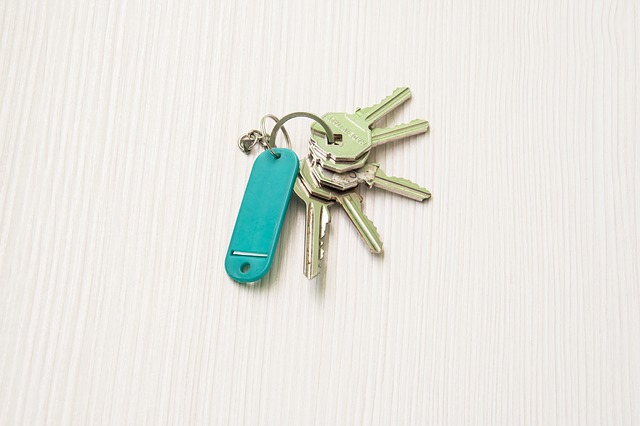
This article will discuss President Biden's extension of the eviction moratorium and what it means for renters. We will cover the following topics:
- What is the eviction moratorium?
- Who qualifies for eviction protection under the CDC moratorium?
- Who qualifies for financial assistance under the current stimulus bill?
- What can you do if you don't qualify or you need assistance now?
Shortly after his inauguration, President Joe Biden signed several executive orders, one of which was an extension of the CDC's federal eviction moratorium. The $1.9 trillion stimulus package proposed by the Biden administration also contains an extension to the eviction moratorium through September and additional funding for renters. Guidelines on eviction and eviction protection have been somewhat muddled as extensions have been added and rules changed with each new executive order. Despite the eviction moratorium, evictions are still being filed through the United States, causing many to crowd into homeless shelters.
What is the Eviction Moratorium?
The original eviction moratorium instituted by the CDC in the first quarter of the pandemic utilized a 1944 public health law meant to curb a pandemic's spread. The CDC and the healthcare community understood that when people are evicted from their homes, they tend to clump together into family homes or homeless shelters. The close quarters and lack of financial access to medical care increases the spread of the virus.
The federal ban on evictions doesn't give renters a blank check to do whatever they please. The mandate only halted evictions for not paying rent. Renters can still be hit with late fees, but landlords can't levy ridiculous late fees in the hopes that they make up money once the pandemic ends. The original eviction moratorium had no answer regarding how renters would get caught up as months of back rent continue to build. However, Biden's recent executive orders and the next round of stimulus contain funds to help qualifying renters get caught up and stay current.
Lease violations, such as criminal conduct, endangering other tenants, becoming a nuisance, etc., are still grounds for eviction.
Who Qualifies For Eviction Protection Under the CDC Moratorium?
The federal ban on evictions covers a great majority of Americans, but not everyone is afforded protection. If you're unsure whether you qualify, your first step should be to check your city, county, or state website for more information. While the eviction moratorium outlines the eligibility requirements that should apply to all renters, provisions at the city, county, or state level may differ. It's important to remember that rent is still due regardless of what eviction protection applies to you. The moratorium didn't freeze rent due—your back due rent will continue to build if you don't make payments—it just prohibits landlords from filing and enforcing evictions for not paying rent. To be eligible for protection under the federal eviction moratorium, you must meet the following criteria:
- Your gross income was less than $99,000 in 2020, or $198,000 as a family, or you weren't required to report income in 2019, or you received a stimulus check;
- You've made a good faith effort to get rental assistance at the state or local level;
- You're unable to pay your rent due to loss of income or medical expenses;
- You have tried or still plan to pay rent, or partial rent when you can afford it; and
- Your eviction would result in homelessness or a crowded living arrangement
By law, you, and anyone else on the rental agreement, are required to provide your landlord or property owner with an electronic or hard copy of the CDC declaration form.
Who Qualifies For Financial Assistance Under the Current Stimulus Bill?
Funds earmarked for rental households in the most recent stimulus bill will go to those who meet the following qualifications:
- At least one member of the household must be able to prove they will be homeless without financial assistance;
- Household income cannot exceed 80% of the local median income; and
- At least one member of the household must qualify for unemployment benefits or prove financial hardship due to the coronavirus
Priority access to financial assistance will be given to the most financially at-risk households, starting with those whose income does not exceed 50% of the local median income and households with family members that have been unemployed for 90 days or more.
What Can You Do if You Don't Qualify or You Need Assistance Now?
Your first step should be to discuss your situation with your landlord. Some landlords may be sympathetic to your plight and lower your rent, allow you to spread your rent out over a longer period, or agree to postpone adding back due rent. Be wary of landlords that make excessive demands while threatening eviction. If you feel your landlord is being unlawful, reach out to a lawyer or your city's local agencies that handle tenant-landlord rights.
If negotiations with your landlord turn sour, or you still need assistance, check what programs your city or state has for assistance. You may be surprised to find that you already qualify for financial aid through a local nonprofit or government agency. An attorney can help you with this process. If you have any questions about tenant-landlord rights or housing assistance, please give us a call.












.jpg)
